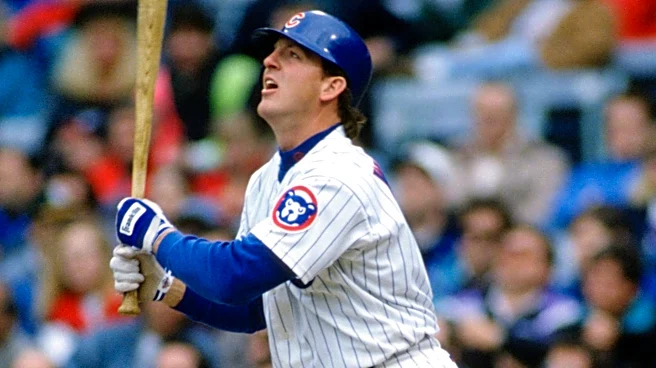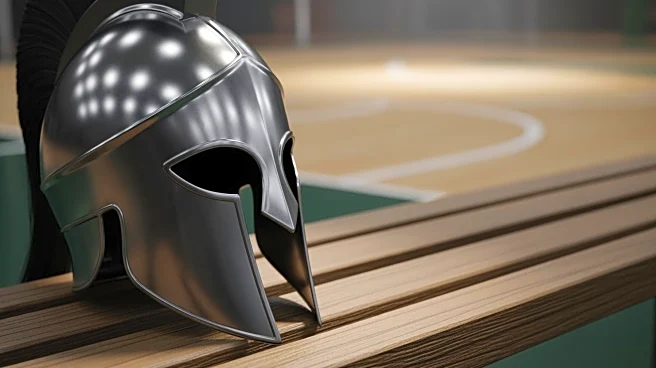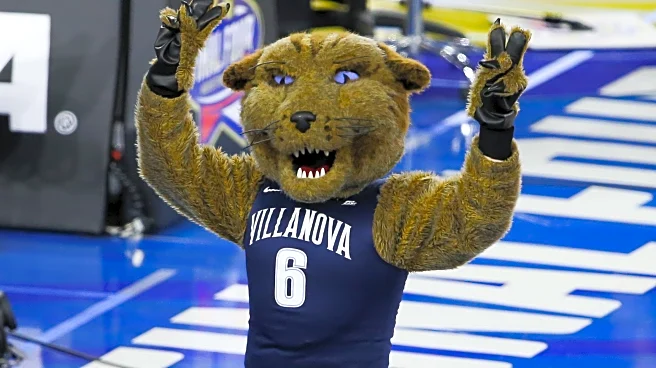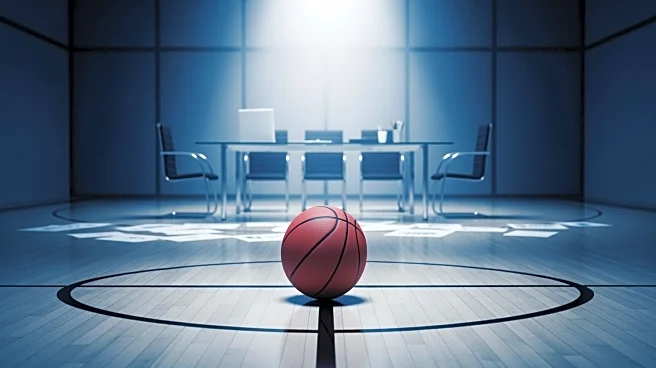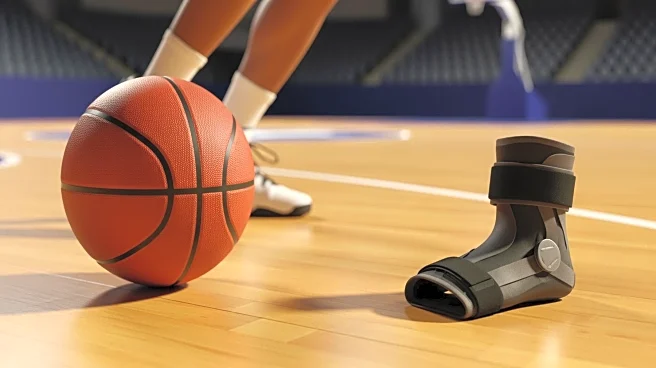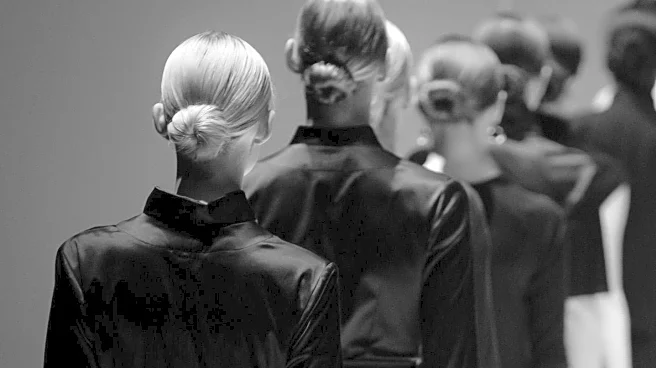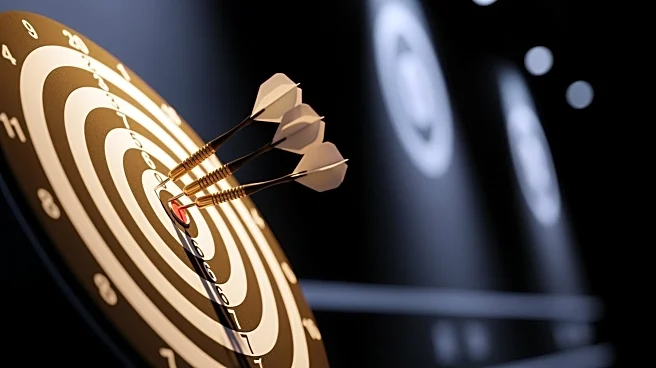The 1993 Cubs were a maddening team. (Not “Maddon” ing, incidentally.)
In their second year under manager Jim Lefebvre, they had hoped to make a jump into contention, but struggled around .500 most of the year.
One of the bright spots on the team was catcher Rick Wilkins, who had been a part-time backstop for his first two seasons, mainly sharing time with Joe Girardi until Girardi was selected in the expansion draft by the Rockies.
With that, Wilkins became the Cubs’ starting catcher and was putting
together a fine offensive season.
Entering play on Aug. 30 against the Phillies, Wilkins was batting .296/.368/.553 with 24 home runs in 112 games. He was by far the best offensive player on that year’s Cubs team.
Not that night against the Phillies, though. Wilkins was 0-for-5, striking out twice, as the Cubs gave the Phillies a 6-3 lead after three innings off starter Curt Schilling.
The Cubs made it 6-4 in the fifth on an RBI single by Ryne Sandberg and tied the game in the seventh, the second of two runs scoring on a wild pitch.
The game went to extras and the Cubs had the winning run on second with one out in the 10th, but Rey Sanchez hit into a double play to end the inning.
In the 11th, after the first two Cubs had both been struck out by Phillies reliever Roger Mason, Mark Grace walked and Derrick May singled. Sammy Sosa was the next hitter and walked on a 3-2 pitch to load the bases.
That brought up Wilkins. Boom!
You can see a not-great version of the video of that slam here — it’s brief, part of a compilation of 1993 grand slams (should begin at the right time, if not, scroll to 11:03):
Wilkins would wind up batting .303/.376/.561 with 30 home runs that year, good for 6.6 bWAR. He is one of only three catchers in Cubs franchise history to hit .300 in at least 500 plate appearances (Gabby Hartnett, .339 in 1930 and Bob O’Farrell, .319 in 1923 are the others), and is the only catcher in Cubs franchise history to have a season of 6 bWAR or better (O’Farrell, 5.9 in 2022, is second). The 6.6 bWAR was tied for third-best in the National League, though, oddly, Wilkins got no votes at all for MVP.
It seemed as if the Cubs had their catcher for a decade. But Wilkins never again had a year anywhere close to that good. He slumped to .227/.317/.387 with just seven home runs in the strike-shortened 1994 season and was traded to the Astros in June 1995 for Luis Gonzalez and Scott Servais, which would have worked out just fine if the Cubs hadn’t been cheap and kept Gonzalez.
He played for the Astros, Giants, Mariners, Mets, Dodgers, Cardinals and Padres through 2001, then retired and created a foundation that helped create recreational opportunities for people with disabilities, as his own sister had cerebral palsy. He’s also worked in financial services and moved back to his hometown of Jacksonville, Florida, where he still lives.
